Originally published June 25, 2014
This is Part 2 of a 2-part series. Click here to read the first in this series.
Tackling the Fundamental Issue: Ownership
My suggestion is that the ownership of capital itself needs to change. We need to democratize ownership.
We need to look outside the dichotomy we have seen so far of either:
- taxing income or wealth for redistribution via mechanisms like the welfare state; or
- nationalizing all wealth for state-run economies.
We need to look at a third approach, of democratic ownership by people and communities. There are many possibilities, which can certainly be combined:
- Land needs to be considered a common good, for the benefit of humanity and future generations, and not just something to exploit. Speculation on land is nonsense. By making land part of the commons, instead of it being privately owned, people could pay for the right to use the land for farming, housing (or other purposes) through long-term leases or annual dues. Community Land Trusts are a good example of this approach.
- Worker ownership of businesses, the most famous example of which is Mondragon, the world’s largest co-operative group with 80,000 worker owners.
- Co-ownership of the means of production such as factories and technology. People in communities could be co-owners with private capital.
- Multi-stakeholder organizations, on the model of social or solidarity co-operatives, could manage local stores, food distribution, and other activities. Consumers and producers, working together, can bridge the gap that has been put in place by capitalist production and distribution systems where large corporations control all aspects, both the prices paid to producers and the prices consumers pay. The Seikatsu Club Cooperative Union in Japan, with 350,000 members, buys food and other household items directly from producers, and with annual sales of $1 billion, it shows that a market can exist outside the capitalist system.
- Capital needed for investment in alternatives already exists. Huge pension funds, many of which are currently invested in large private corporations or managed by private funds, could be invested in local and community economies. Another huge amount of capital exists in credit unions. Instead of lending to buy consumer goods, sold by corporations, part of this capital could be lent to co-operatives or other community-owned businesses.
- We have to take inspiration from the notion of Mother Earth. In Canada, aboriginal peoples considered land as a common good, belonging to the people. Human beings must respect the planet on which we live. An example of this is community forestry in Nepal. As stipulated in Nepal’s constitution, Community Forestry Groups (CFG) manage the forest. Altogether, about one third of total population (8 million people), are organised in about 13,500 CFGs.
- Saving locally owned business from predatory buyouts by larger corporations or funds of all types prevents more concentration of capital and wealth. Any successful business is seen as prey by investors of all kinds. Sometimes they close the local businesses or delocalise factories, or sometimes they will continue operating, if they can siphon away profits. This is not a question of being bad or good, it is just the way our current system works. But there are alternatives. A good example is the Business Alliance for Local Living Economies (BALLE) in the USA, an association of 30,000 small businesses that advocate for strong local economies. Another American example is referendums in some US cities to prevent Walmart from taking over local economies. The multinational corporation, one of the largest in the world, destroys locally-owned small businesses in cities where they operate. In some US cities, citizens have been able to prevent Walmart from invading.
Many other examples could be given of organizing the economy in a very different manner. The key idea is that the concentration of most wealth in the top 10% is not inevitable.
If we organize differently, in a deliberate and conscious manner, we could turn things around surprisingly quickly.
Of course, to achieve this, people need to be conscious citizens instead of just consumers. Even if the 1% (and the 10%) are very strong with their control of the economy, media, and influence in politics, they are still in fact a very small minority. As long as citizens think there is no alternative, they will continue exercising control over our society. But, as the examples show, the possibilities are enormous when people become conscious. After all, it people stop buying at Walmart, or stop going to McDonald’s, those corporations will change or shrink and disappear. People are not forced to buy from them. We have just been persuaded to do so.
At the same time, we need to work on all fronts. For example, Foundations were started as an inheritance tax evasion. I remember well a book I read in 1968 by Ferdinand Lundberg The Rich and the Super-Rich. A Study in the Power of Money Today (New York: Lyle Stuart, 1968). This book explained how foundations were invented in the US by the billionaires such as Carnegie, Mellon, Ford, Rockefeller and others in order to avoid inheritance tax. They were able to get the US Congress to vote these laws, giving them control over the foundations and the power to name people to the Boards. In more recent times, we have Melinda and Bill Gates, Warren Buffet and the Walton (Walmart) family.
What would be an optimum situation? We can easily imagine much more equal societies, where those with upper incomes and those who have accumulated wealth might have 5-10 times more income than average, instead or 250 or 500 times more. There is absolutely no justification for the appropriation of most wealth by a tiny minority. The super-rich have so much money that they cannot use it all, while at the same time people are undernourished and live in inhuman conditions. This is both indecent and immoral.
A Final Thought
Unquestionably, Piketty has rendered an important service to humanity. More or less like the scientific proof that the International Panel on Climate Change (IPCC) has established for global warming.
In both cases, we have proof that the two problems – inequality and global warming – are results of human activity. They are not “acts of God,” a result of natural disasters, or even a question of human nature or a natural order or things. These justifications are pure ideology to defend inequality and the devastation of the planet, which are deeply linked since the increase in profits is very closely tied to the syndrome of increasing production that is destroying oceans, rainforests and using most natural resources in such a way that they will last for only a few generations.
The challenges are enormous. But at the same time, most people on our planet have access to education for the first time in history, and we have all the knowledge needed to make the changes. There are more scientists living today than in all previous generations.
We have the knowhow and the capacity. It is just of question of raising consciousness and organising. For people that embrace the CED approach, community or local ownership, is already within the set of goals. Pursuing along this path is even more obvious if we want societies that are less unequal, including in revenue and wealth.
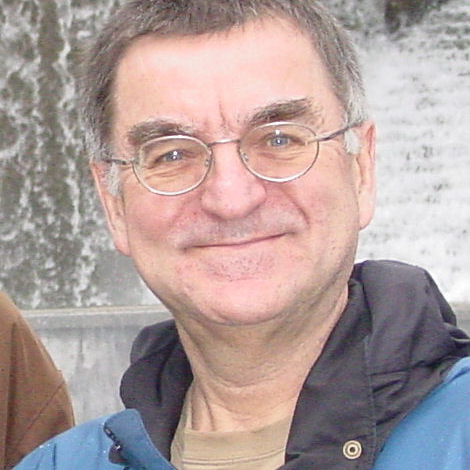
Yvon Poirier is President of CCEDNet’s International Committee and Secretary of the Board. He has a long history of involvement in the labour and social movements in Québec and Canada and has been very active in the Intercontinental Network for the Promotion of the Social Solidarity Economy (RIPESS). He represents the CDÉC de Québec in CCEDNet.


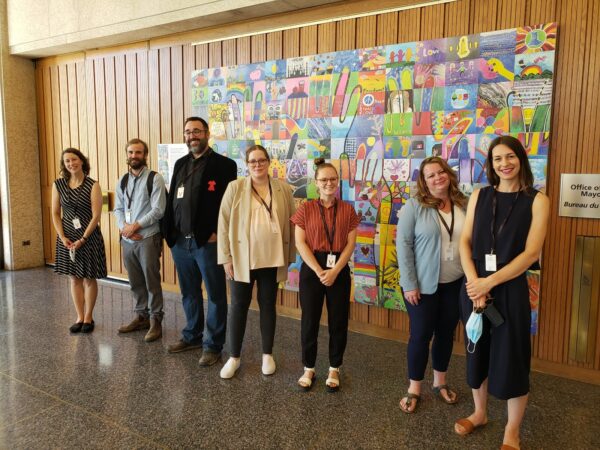



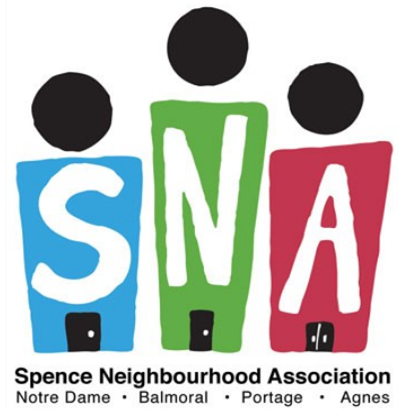
 In May of this year, a white supremacist attacked a grocery store in Buffalo, New York, murdering 13 people, 11 of whom were Black. This massacre is yet another fatal manifestation of anti-Black hatred, which is woven into the daily experiences of Black people and communities across the United States, Canada, and indeed, around the world.
In May of this year, a white supremacist attacked a grocery store in Buffalo, New York, murdering 13 people, 11 of whom were Black. This massacre is yet another fatal manifestation of anti-Black hatred, which is woven into the daily experiences of Black people and communities across the United States, Canada, and indeed, around the world. 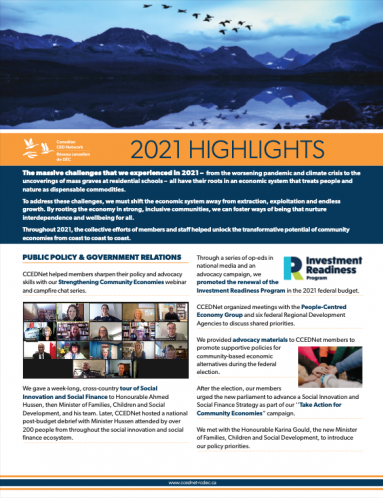


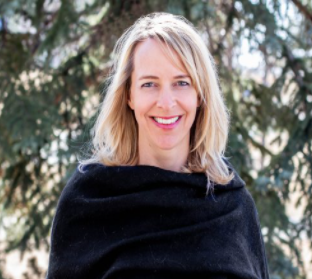
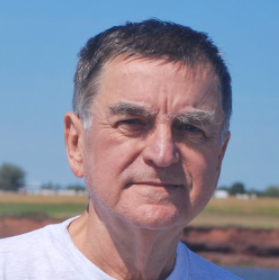

 In Manitoba, instead of teaching CED 101, we often lead groups through a facilitated session called Ideal Communities.
In Manitoba, instead of teaching CED 101, we often lead groups through a facilitated session called Ideal Communities.
 You’re invited to take part in CCEDNet’s Annual General Meeting (AGM!) Please save the following date.June 9, 202210am Pacific, 11am Mountain, 12pm Central, 1pm Eastern, 2pm Atlantic, 2:30pm NewfoundlandThis year’s AGM repeats the success of the last seven years by being entirely virtual and bilingual. Members are able to make motions, vote and comment in English or French, all from the comfort of their computer.For additional background information, you can consult
You’re invited to take part in CCEDNet’s Annual General Meeting (AGM!) Please save the following date.June 9, 202210am Pacific, 11am Mountain, 12pm Central, 1pm Eastern, 2pm Atlantic, 2:30pm NewfoundlandThis year’s AGM repeats the success of the last seven years by being entirely virtual and bilingual. Members are able to make motions, vote and comment in English or French, all from the comfort of their computer.For additional background information, you can consult